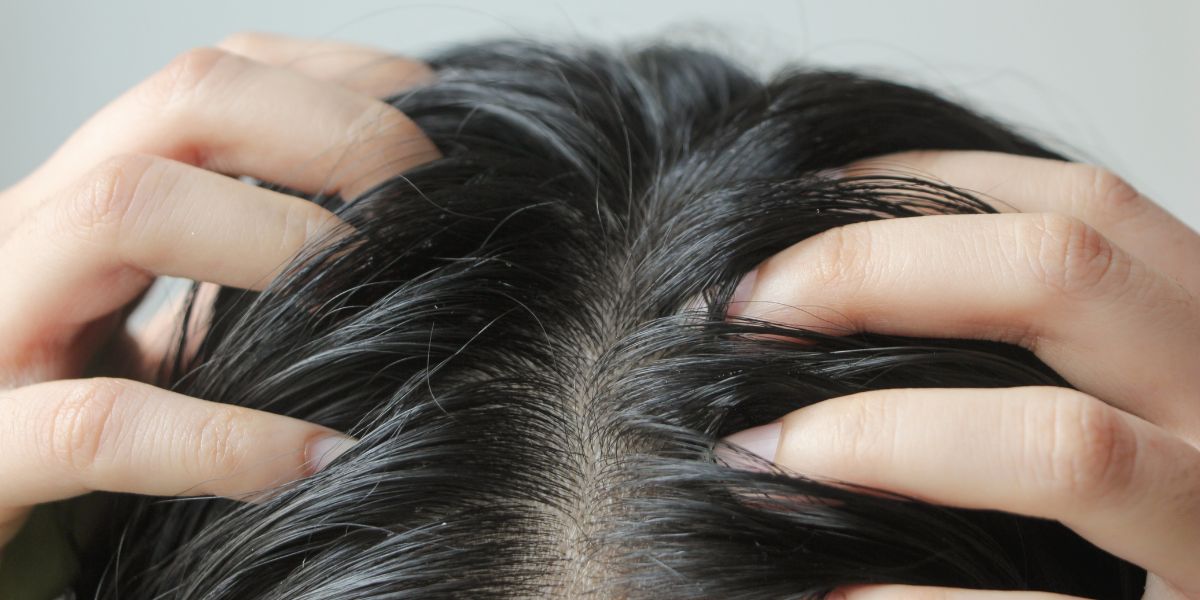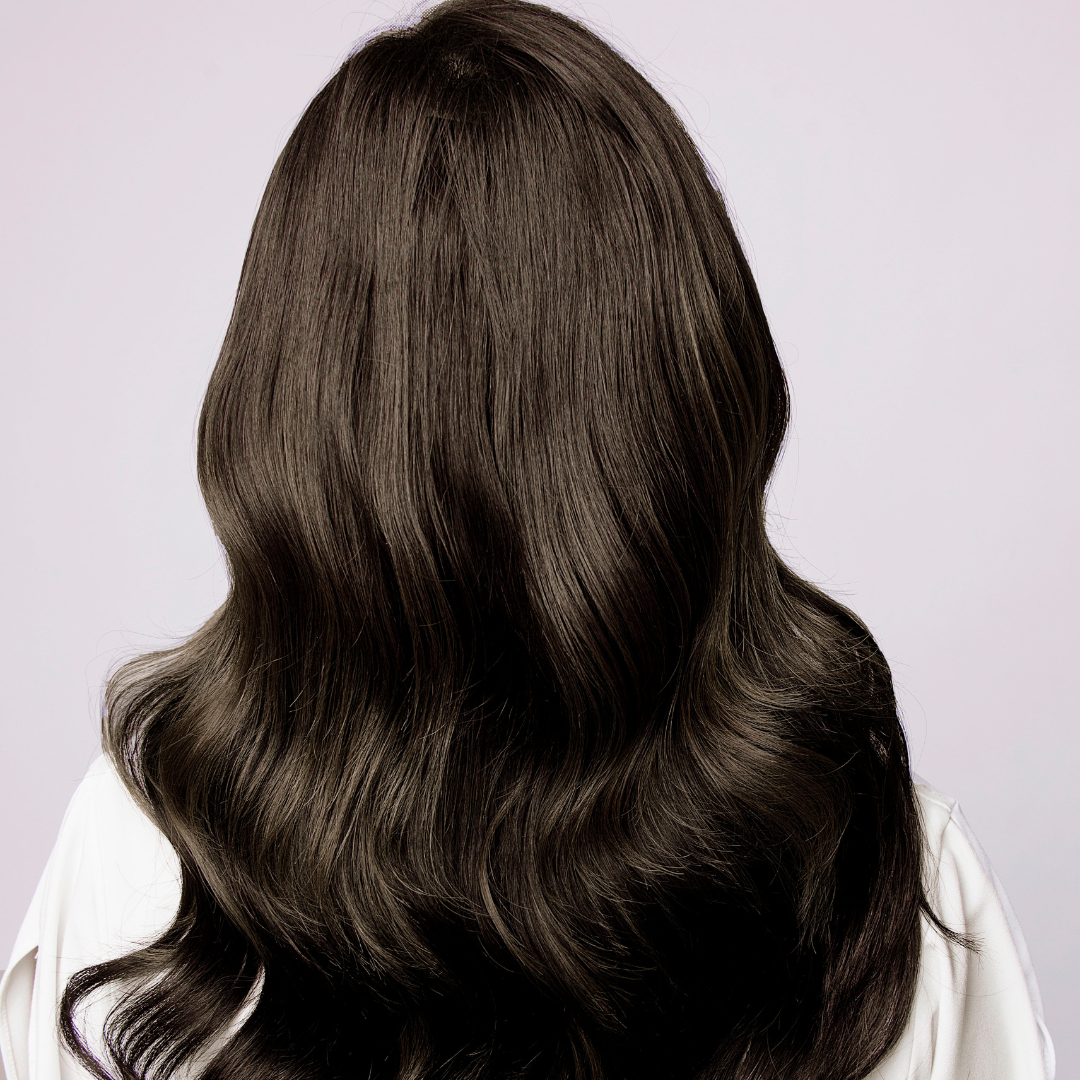Maintaining healthy and shiny hair is a task that requires a lot of attention and care. Two of the most common hair problems people face are an oily scalp and dry hair. Oily scalp can lead to greasy, flat, and lifeless hair, while dry hair can cause frizziness, split ends, and breakage. Thankfully, there are many natural remedies and DIY solutions that can help manage these conditions. In this blog post, we will discuss some of the most effective natural remedies for oily scalp and dry hair.
Apple Cider Vinegar Rinse for Oily Scalp
Apple cider vinegar is a natural astringent that can help remove excess oil and build-up from the scalp. To make an apple cider vinegar rinse, mix equal parts of water and apple cider vinegar in a spray bottle. After shampooing your hair, spray the mixture onto your scalp and massage it gently. Let it sit for a few minutes, then rinse it off with cold water. You can use this rinse once a week to keep your scalp clean and oil-free.
Aloe Vera Hair Mask for Dry Hair
Aloe vera is a natural moisturizer that can help soothe and hydrate dry hair. To make an aloe vera hair mask, mix 2-3 tablespoons of aloe vera gel with 1-2 tablespoons of coconut oil. Apply the mixture to your hair, starting from the roots and working your way down to the ends. Leave the mask on for 30 minutes, then rinse it off with warm water. You can use this mask once a week to nourish and moisturize your hair.
Lemon Juice Scalp Scrub for Oily Scalp
Lemon juice is a natural exfoliant that can help remove dead skin cells and excess oil from the scalp. To make a lemon juice scalp scrub, mix 1-2 tablespoons of lemon juice with 1-2 tablespoons of sugar. Apply the mixture to your scalp and massage it gently for a few minutes. Rinse it off with cold water, then shampoo and condition your hair as usual. You can use this scrub once a week to keep your scalp clean and refreshed.
Clay Hair Mask for Oily Scalp and Dry Hair
Clay is a natural absorbent that can help remove impurities and excess oil from the scalp and hair. To make a clay hair mask, mix 2-3 tablespoons of clay powder with enough water to make a thick paste. Apply the mask to your hair and scalp, starting from the roots and working your way down to the ends. Let the mask sit for 20-30 minutes, then rinse it off with warm water. You can use this mask once a month to detoxify and purify your hair.
Essential Oil Scalp Massage for Oily Scalp and Dry Hair
Essential oils are natural remedies that can help balance and nourish the scalp and hair. To make an essential oil scalp massage, mix 2-3 drops of your favorite essential oil with 1-2 tablespoons of carrier oil, such as coconut oil or almond oil. Massage the oil mixture into your scalp for a few minutes, using circular motions. Leave the oil on for at least 30 minutes, then shampoo and condition your hair as usual. You can use this treatment once a week to promote healthy scalp and hair.
Natural remedies and DIY solutions can be effective in managing oily scalp and dry hair. However, it is essential to choose the right ingredients and follow the right instructions to avoid any adverse reactions or side effects. Always do a patch test before using any new product or ingredient on your hair and scalp. With the right natural remedies and hair care routine, you can achieve healthy and beautiful




